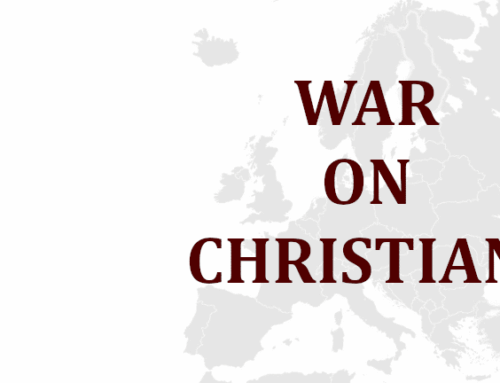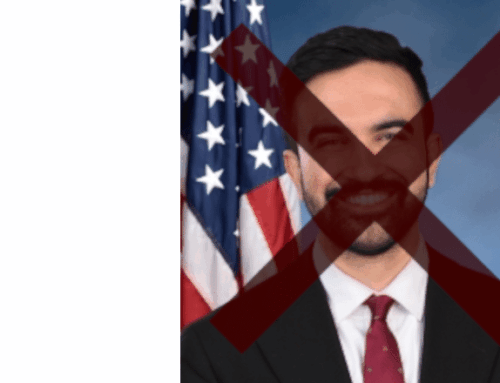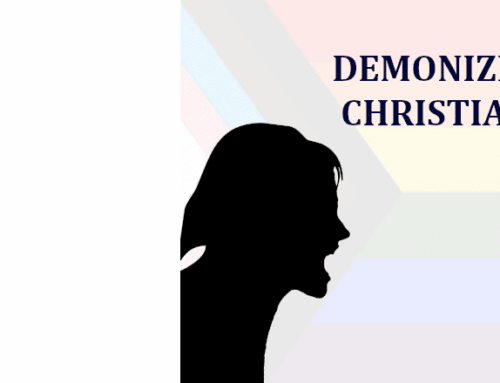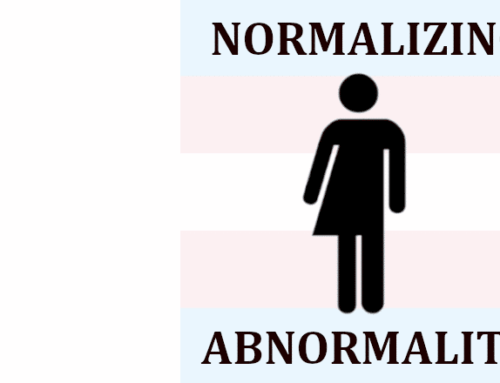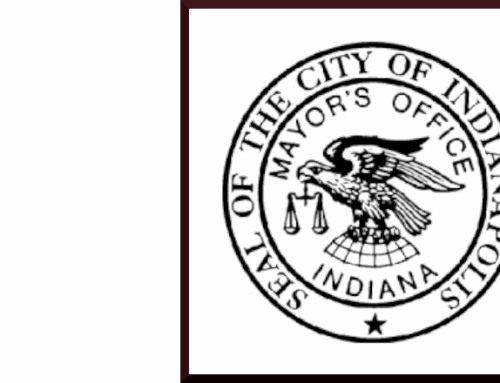A new Pew Research Center survey on the role of religion in American society is good news for believers, but not for non-believers. From the perspective of the Catholic League, which does battle with the foes of religion, especially Catholic bashers, this is great news.
Is religion growing in influence or declining? In February 2024, Pew found that 18 percent of Americans believed religion was gaining influence; this was the lowest level seen in decades. But a year later, in February 2025, the figure jumped to 31 percent, the highest in 15 years. What is also striking about the latest finding is that this is true across a wide spectrum of adults.
More good news: 6 in 10 (59 percent) of respondents said it was a positive sign that religion is increasing its influence in society. Not surprisingly, atheists and agnostics are the outliers: most of them take a decidedly negative view. But that does not hold true for the religiously unaffiliated, and it is certainly not true of religious Americans.
Democrats, who are largely secularists, differ greatly from Republicans, who are largely religious; the latter are much more positive in their appraisal.
Respondents were asked if (a) they believed one religion is true (b) many religions are true, or (c) there is little or no truth in any religion. Nearly half (48 percent) said many religions may be true; 26 percent said only one is true (white evangelical Protestants were the most likely to answer this way); 18 percent said there is little truth in any religion; only 6 percent were confident there is no truth in any religion.
Consistent with what was found in asking whether it is a good thing or a bad thing that religion is gaining influence in society, there was a marked divide between the religiously unaffiliated, atheists and agnostics. The religiously unaffiliated were split on the issue of whether many religions are true (38 percent said yes, and 37 percent saying there is little truth in any religion), but among atheists only 12 percent believed that many religions are true. Interestingly, on this measure, agnostics were nearly identical to the religiously unaffiliated.
It is acknowledged by virtually everyone that there is a noticeable gap between religious beliefs and the mainstream culture; 58 percent, overall, believe there is a great deal or some conflict. This is up 16 points from 2020. The Pew researchers do not take a normative position on this issue, but the data cry out for an analysis.
From the perspective of most Americans, who believe that it is a positive sign that religion is gaining influence in society, it is a good sign that most recognize there is a serious gap between religious beliefs and the norms and values of the dominant culture, which are decidedly secular in nature. If they weren’t bothered by the gap, it would suggest that the mainstream culture is not problematic. But that is not the case. More important, it suggests that the way to close the gap is for religion’s impact to grow, not recede.
Another issue which the Pew researchers do not address, but their data shed light on, is the existence, or non-existence, of “Christian nationalism.” It has become de rigueur in left-wing religious circles to set off alarms over this supposed threat to democracy. In reality, aside from a few extremists, most of what the critics of this invented boogeyman are upset about (see our website for more on this issue) is nothing more than Christians who are very proud to be an American.
If “Christian nationalism” were an existential threat, it should be apparent in the responses to the Pew survey question (asked of Christian respondents) about “loving your country.” Is it essential to being a Christian to “love your country”? In fact, it ranks near the bottom—only 29 percent believe this to be true. What is essential to being Christian, they said, are things like, “Being honest,” “Treating people with kindness” and “believing in God” (they merited a percentage score of 86, 85, and 85, respectively).
The Founders understood, as have the most preeminent students of democracy, that religion (as de Tocqueville said) “is the cradle of democracy.” This Pew survey provides evidence that this verity is not lost on most Americans, and that is very good news.





